- Write by:
-
Tuesday, April 12, 2022 - 12:55:22
-
331 Visit
-
Print
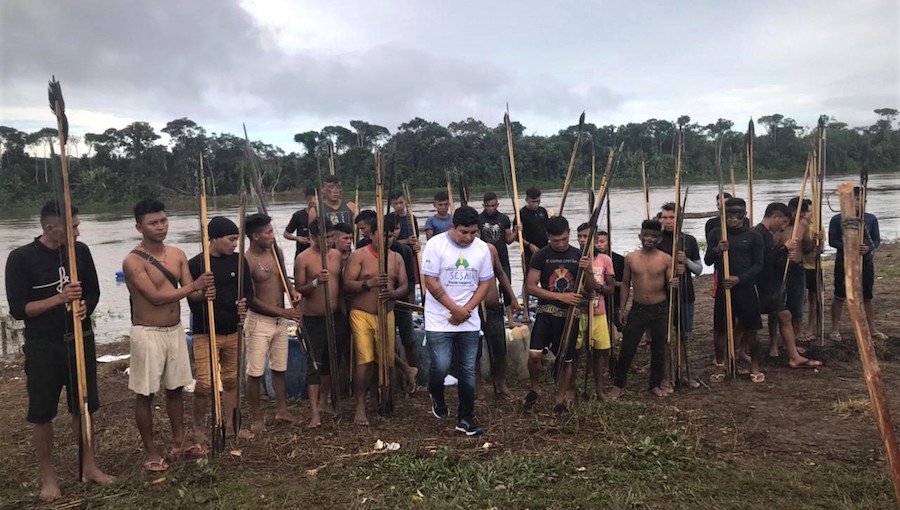
Mining News Pro -An illegal gold rush in Brazil’s Amazon rain forest is fueling a surge in destruction of land occupied by South America’s largest group of native people who still live in relative isolation, the Yanomami.
Lax supervision and outright support of informal mining by Brazilian authorities were behind a 46% jump in Yanomami land degradation last year in the form of deforestation and contamination of water and soil, according to a report released Monday.
Artisanal miners known as garimpo have wrecked 3,272 hectares (8,085 acres), with the size of the area doubling since 2018, according to the latest edition of “Yanomami Under Attack,” which is prepared by community groups with support by Brazilian conservation group Instituto Socioambiental. Their presence is also introducing more disease, weapons and alcohol.
The Yanomami are facing a second big gold rush since the 1980s, with an estimated 20,000 illegal miners inside an area of forest that straddles Brazil and Venezuela. The growing threat to remote Amazon communities comes as the administration of President Jair Bolsonaro plans to allow mining on indigenous lands in a bill that’s even opposed by large mining companies. As lawmakers prepare to vote, about 7,000 indigenous people are camped out in the nation’s capital in protest.
The study attributes most of the factors behind the increase in illegal mining in the region to policy choices, including a weakening of supervision, a lack of downstream transparency and government support of informal miners. Neither the president;s office nor the mining ministry responded to requests for comment.
Besides environmental damage, 273 communities suffer the spread of infectious diseases such as malaria, malnutrition, contamination by the mining byproduct methyl mercury, and overload on health systems. The study estimates that more than 16,000 people are affected, or 56% of the population in Yanomami lands.
Indigenous leaders complain about the circulation of heavily armed miners in areas that used to be used for hunting, fishing and farming. There are also reports of enticement of young people with promises of goods and weapons. The introduction of drugs and alcohol are also stoking community tensions.
Short Link:
https://www.miningnews.ir/En/News/621040
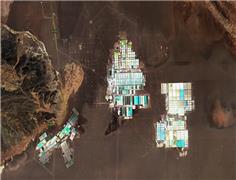
The four largest indigenous communities in Chile’s Atacama salt flat suspended dialogue with state-run copper giant ...
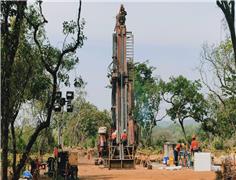
A prefeasibility study for Predictive Discovery’s (ASX: PDI) Bankan gold project in Guinea gives it a net present value ...
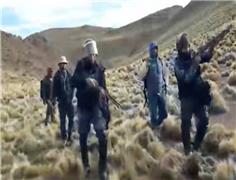
Representatives from the Peñas Negras Indigenous community, in northwestern Argentina, clashed with heavily armed police ...

Chile’s SQM called another investors meeting at the request of its second-largest shareholder, Tianqi Lithium Corp., ...
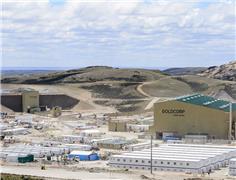
Newmont confirmed on Wednesday that two members of its workforce died this week at the Cerro Negro mine located in the ...

Chinese investors are snapping up stocks tied to high-flying metals from copper to gold, aiding an onshore market facing ...
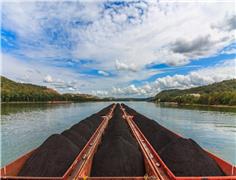
Outflows from global physically backed gold exchange traded funds (ETFs) continued for a 10th month in March, but at a ...
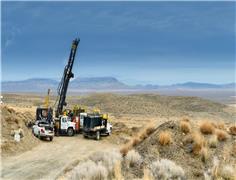
i-80 Gold fell by over 11% at market open Tuesday following its announcement of a C$100 million ($74m) public offering ...
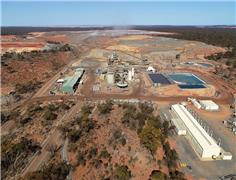
Australia’s Westgold Resources said on Monday it had agreed to acquire Toronto-listed Karora Resources in a ...
No comments have been posted yet ...